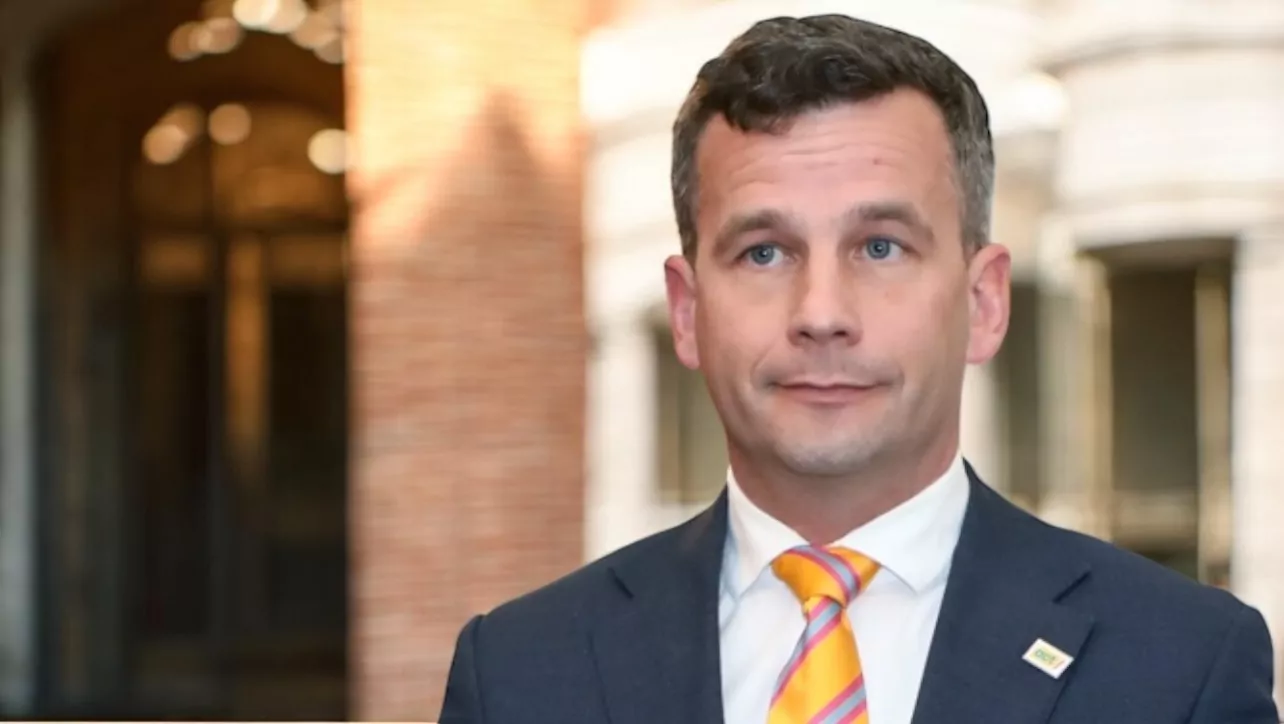OPINION: In the realm of politics, the narrative of victimhood has gained considerable attention.
This issue has surfaced in discussions about online abuse directed at female politicians, a genuinely unacceptable and concerning matter.
However, there is a parallel narrative that merits scrutiny: the tendency of certain individuals to strategically embrace the role of a victim, not just to deflect criticism but to manipulate the political conversation to their advantage.
This tactic is not just about seeking sympathy; it’s a calculated move to shape public perception.
It’s concerning to observe how some individuals, often from a specific political faction, are quick to decry online abuse, yet simultaneously engage in disseminating misinformation against their perceived opponents.
When these actions are challenged, accusations of misogyny or other severe charges are swiftly levied against critics.
This approach does not just silence opposition; it stifles genuine discourse and undermines the very principles of democratic engagement.
Moreover, the claim of relying on “evidence-based” arguments is frequently employed not as a foundation for healthy debate, but as a tool to delegitimise any differing viewpoint.
Such tactics do not contribute to the richness and diversity of political discourse.
Instead, they create echo chambers where only one narrative thrives, often unchallenged and insulated from critical analysis.
It’s crucial to acknowledge that politics, by nature, is a field of robust discussion and challenging viewpoints.
It is a space for debate, disagreement, and diverse opinions, not a sanctuary from them.
Those who find the inherent challenges of political discourse intolerable might need to reconsider their role in this arena.
Democracy thrives on open dialogue and the clash of ideas, not on the unchallenged dominance of a single narrative, no matter how “evidence-based” it is claimed to be.
While personal abuse is unequivocally intolerable and must be addressed, we must also be wary of those who might exploit the narrative of victimhood for political gain.
True democratic engagement requires us to navigate these complex waters with both empathy and a critical eye, ensuring that the pursuit of political goals does not overshadow the foundational principles of honest and open discourse.









